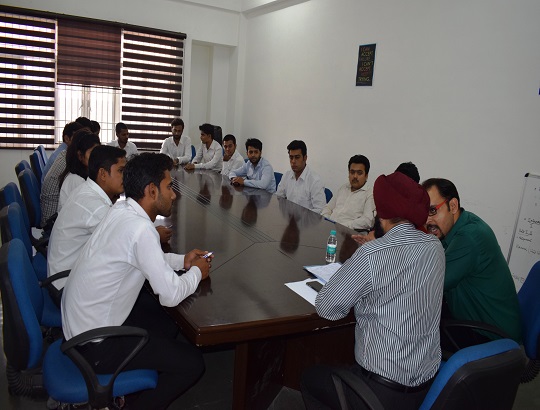Introduction In today’s highly competitive times, in order to prosper in life, students generally prefer to do a professional course.…
B Tech Means
BrowsingB.Tech programs are designed to equip students with the knowledge, skills, and competencies required to succeed in the field of engineering and technology and contribute to technological advancements and societal development
The term “B.Tech” stands for Bachelor of Technology. It is an undergraduate academic degree conferred upon completion of a four-year program in the field of engineering and technology. B.Tech programs are designed to provide students with a strong foundation in engineering principles, technical skills, and practical knowledge relevant to various branches of engineering.
- Duration: B.Tech programs typically span four years, divided into eight semesters. However, in some countries or educational systems, the duration may vary.
- Curriculum: The curriculum of a B.Tech program varies depending on the specialization or branch of engineering chosen by the student. Common specializations include Civil Engineering, Mechanical Engineering, Electrical Engineering, Computer Science Engineering, Electronics and Communication Engineering, Chemical Engineering, Aerospace Engineering, and many more. The curriculum usually consists of a combination of core engineering courses, electives, laboratory work, and project work.
- Core Subjects: The core subjects covered in a B.Tech program depend on the chosen specialization but typically include mathematics, physics, chemistry, engineering mechanics, engineering drawing, computer programming, electronics, circuits, mechanics of materials, thermodynamics, control systems, algorithms, data structures, and more.
- Laboratory Work: B.Tech programs include laboratory work to provide students with hands-on experience in applying theoretical concepts and using engineering tools and techniques. Laboratory work complements classroom learning and helps students develop practical skills.
- Projects: In addition to coursework and laboratory work, B.Tech programs often include project work. Students may undertake individual or group projects, typically in their final year, where they apply their knowledge and skills to solve real-world engineering problems or develop innovative solutions.
- Internships and Industrial Training: Many B.Tech programs incorporate internships or industrial training opportunities to expose students to the professional working environment and gain practical experience in their chosen field of engineering.
-
Career Opportunities: Graduates of B.Tech programs have diverse career opportunities in various industries such as manufacturing, construction, telecommunications, software development, automotive, aerospace, energy, healthcare, and more. They can work as engineers, technologists, consultants, researchers, project managers, and entrepreneurs, among other roles.

